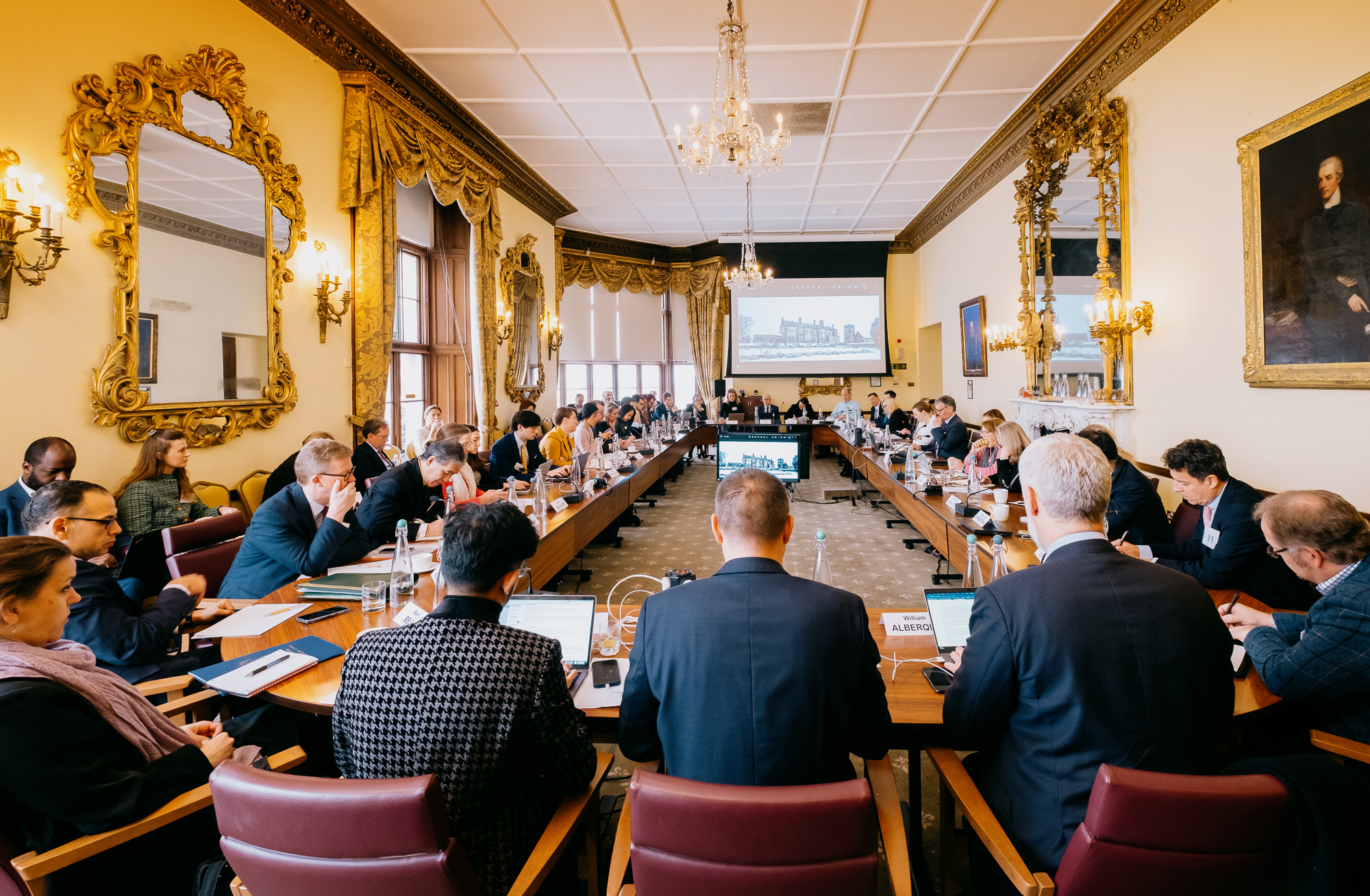In association with the UK Foreign, Commonwealth and Development Office; Los Alamos National Laboratory; Sandia National Laboratories; German Federal Foreign Office; Ministry of Foreign Affairs of the Netherlands; Finnish Ministry of Foreign Affairs
Introduction
After a two-year delay due to Covid-19, States Parties of the Treaty on the Non-Proliferation of Nuclear Weapons (NPT) convened at United Nations Headquarters in New York from 1-26 August 2022 to reflect on the challenges and opportunities facing the nuclear non-proliferation regime and broker a path forward for the NPT and the regime more broadly. If held in 2020, the Review Conference (RevCon) would have marked an important year in NPT’s history; the 50th anniversary of the treaty’s entry into force and the 25th anniversary of its indefinite extension. With 191 States Parties, the NPT creates a legally binding framework to prevent nuclear weapons proliferation, promote cooperation on peaceful uses of nuclear technology, and further the goal of complete nuclear disarmament. The treaty is widely considered to be a cornerstone of the non-proliferation regime and the global nuclear order writ large.
Ultimately, States Parties were unable to reach a consensus final document—the so-called hallmark of success—during the 2022 RevCon. The inability of the 10th Review Conference to reach a consensus final document, however, was not the result of diminishing commitment to the NPT. Instead, one state—Russia—was responsible for breaking consensus over language referring to the war in Ukraine and the situation at the Zaporizhzhia Nuclear Power Plant (ZNPP). Despite Russia’s veto, States Parties remain bound to prior NPT commitments.
The current international security environment challenges the NPT’s central pillars of disarmament, non-proliferation, and peaceful uses. Russia’s war in Ukraine, the demise of arms control agreements, widespread nuclear modernisation, and the development of advanced, destabilising technologies challenge the non-proliferation and disarmament landscape. At the same time, an elevated interest in nuclear energy has also expanded the nature and scope of the International Atomic Energy Agency (IAEA) safeguards mission.
The annual Wilton Park conference addressed challenges to the NPT as well as opportunities for the coming review cycle.
